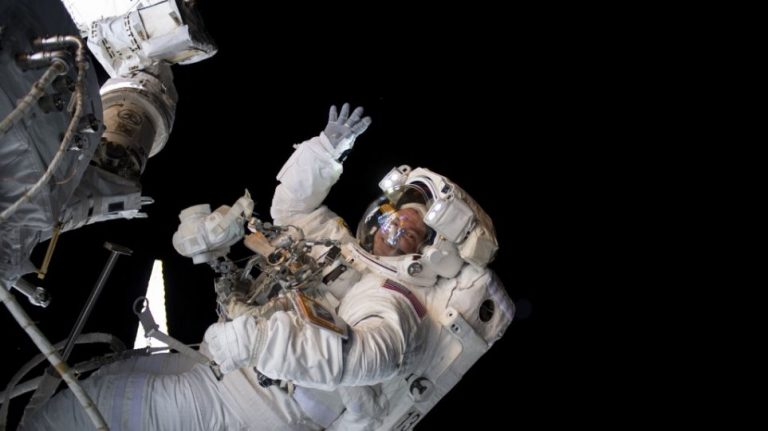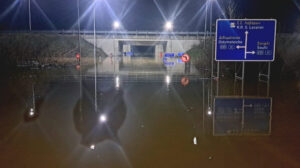It lacks the drama of a shape-shifting alien creature, but another threat looms over the prospect of generations-long, interstellar space travel: Explorers arriving on Xanadu could face problems communicating with previous and subsequent arrivals, their spoken language having changed in isolation along the way.
Therefore, a new paper co-authored by a University of Kansas professor of linguistics and published in a journal affiliated with the European Space Agency recommends that such crews include, if not a linguist, members with knowledge of what is likely to occur and how to adapt.
Associate Professor Andrew McKenzie of KU and Jeffrey Punske, assistant professor of linguistics at Southern Illinois University, co-authored the article “Language Development During Interstellar Travel” in the April edition of Acta Futura, the journal of the European Space Agency’s Advanced Concepts Team.
In it, they discuss the concept of language change over time, citing such earthbound examples of long-distance voyages as the Polynesian island explorers and extrapolating from there.
It might seem far-fetched, but the authors cite language change even during their own lifetimes with the rise—no pun intended—of uptalk.
Newsweek: Turkey’s Christians face increasingly dangerous persecution – Analysis
The Boscombe Down Incident remains one of military aviation’s most intriguing mysteries
They write that “it is increasingly common for speakers to end statements with a rising intonation. This phenomenon, called uptalk (or sometimes High Rising Terminal), is often mistaken for a question tone by those without it in their grammars, but it actually sounds quite distinct and indicates politeness or inclusion. Uptalk has only been observed occurring within the last 40 years, but has spread from small groups of young Americans and Australians to most of the English-speaking world, even to many Baby Boomers who had not used it themselves as youth.”
“Given more time, new grammatical forms can completely replace current ones.”
Imagine trying to chat with Chaucer today. Even improvements in translation technology might not be enough.
Read more: phys.org
Ask me anything
Explore related questions





